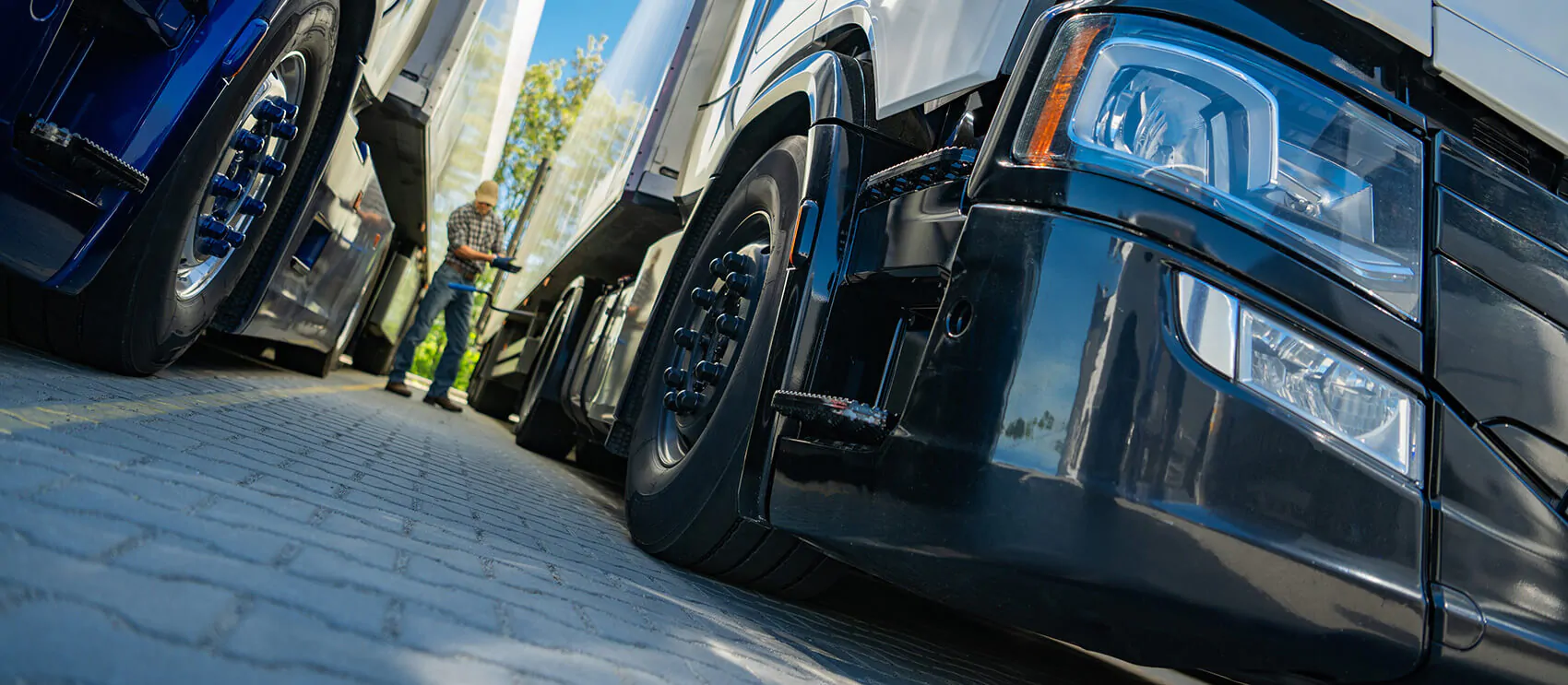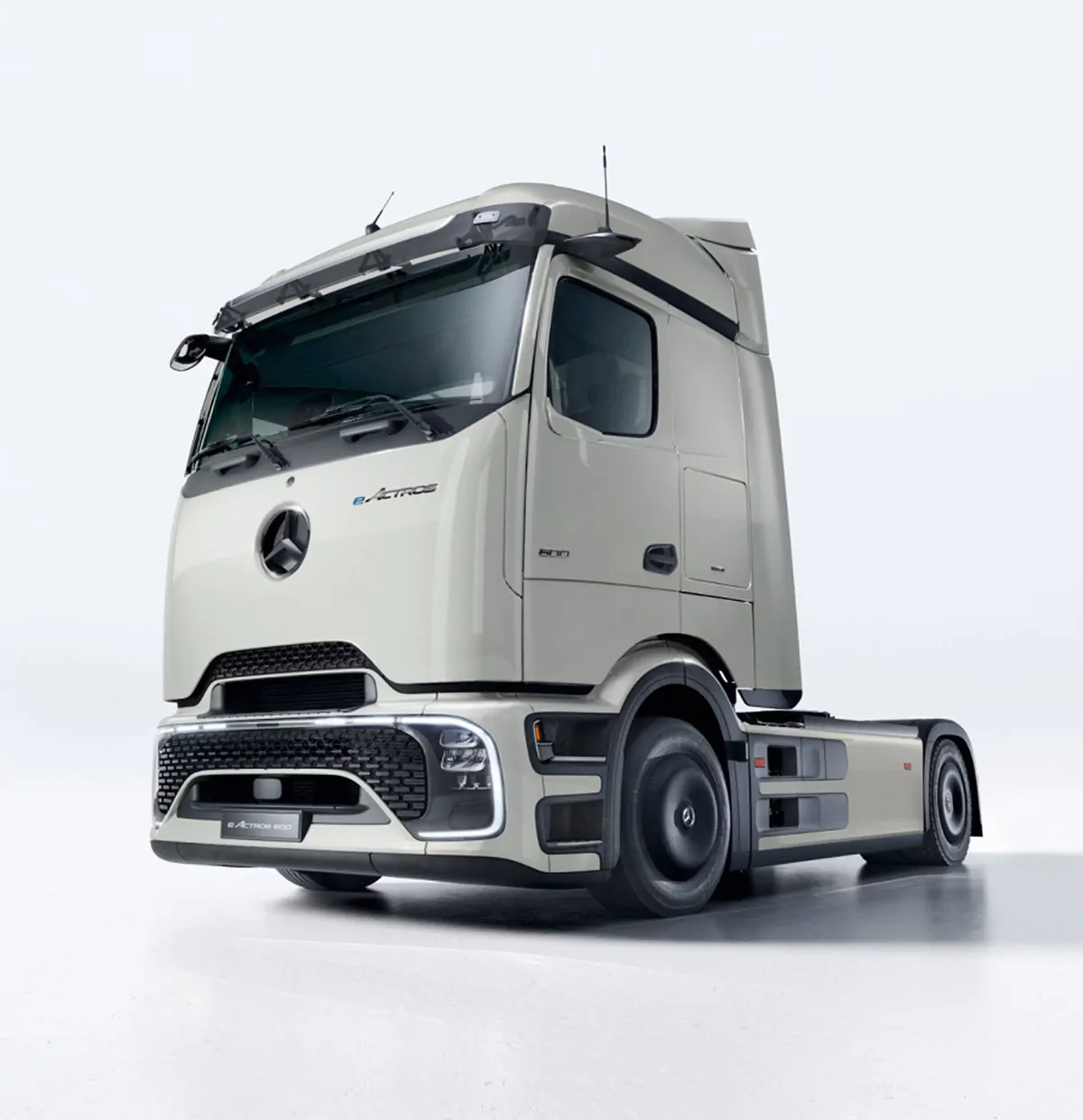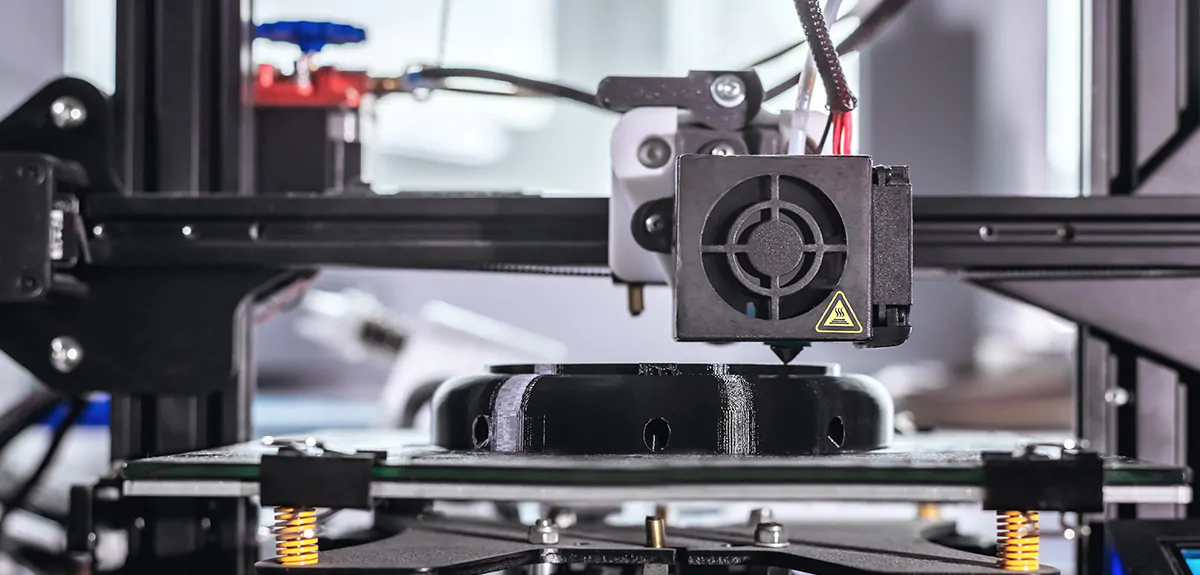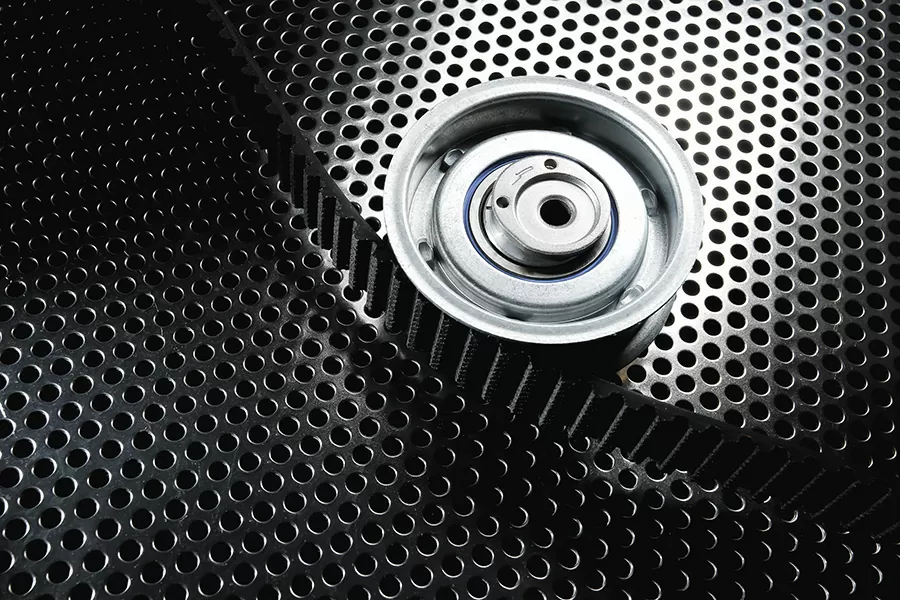Innovations in Truck Technology

What’s Changing in the Parts Industry?
The UK trucking industry is undergoing a significant transformation, driven by technological advancements and a push towards sustainability. These changes are not only affecting how trucks operate but also reshaping the truck parts industry. Let’s delve into the key innovations and their impact.

The Rise of Electric Trucks
Electric vehicles (EVs) are making their mark in the heavy-duty sector. Companies like Volvo and Daimler are introducing electric trucks with impressive ranges. For instance, Mercedes eActros 600 boasts a range of 500 km and has been ordered by Amazon for operations in the UK and Germany.
This shift necessitates new parts and components tailored for electric drivetrains, such as battery packs, electric motors, and specialised cooling systems.
Advancements in Hydrogen Fuel Technology
Hydrogen fuel cells are emerging as a viable alternative to traditional fuels. Wrightbus, a UK-based manufacturer, is developing hydrogen-powered trucks and buses, aiming for longer ranges and quicker refuelling times compared to battery-electric vehicles.
The adoption of hydrogen technology introduces new components like fuel cell stacks and high-pressure storage tanks, influencing the parts supply chain.
Integration of Smart Technologies
Modern trucks are becoming increasingly connected, utilising telematics and advanced driver-assistance systems (ADAS). These technologies enhance safety, efficiency, and fleet management.
For example, Volvo’s upgraded FM and FMX models feature camera monitoring systems and improved driver interfaces.
The integration of these systems requires sophisticated sensors, cameras, and electronic control units, expanding the range of parts needed for maintenance and repairs.

3D Printing and Customisation
Additive manufacturing, or 3D printing, is revolutionising the production of truck parts. This technology allows for rapid prototyping and the creation of customised components, reducing lead times and inventory costs.
Manufacturers can now produce lightweight, durable parts tailored to specific applications, enhancing vehicle performance and fuel efficiency.
Sustainability and Recycling
Environmental concerns are prompting a shift towards sustainable practices in the parts industry. Recycling and remanufacturing of components are gaining traction, reducing waste and conserving resources.
Companies are investing in eco-friendly materials and processes, aligning with the UK’s commitment to achieving net-zero emissions.

Impact on the Parts Industry
These technological advancements are reshaping the parts industry in several ways:
- Diversification of Inventory: Parts suppliers must stock a broader range of components, including those for electric and hydrogen-powered vehicles.
- Technical Expertise: Technicians require training to handle advanced systems and diagnostics, leading to increased demand for specialised skills.
- Supply Chain Adaptation: Manufacturers and distributors must adapt to new sourcing and production methods to meet evolving demands.
Expert Advice from Our Team
“Staying informed about technological trends is crucial for anyone involved in the trucking industry. Embracing these innovations not only ensures compliance with regulations but also offers opportunities for growth and efficiency.”
Conclusion
The truck technology landscape in the UK is rapidly evolving, bringing about significant changes in the parts industry. By understanding and adapting to these innovations, businesses can stay competitive and contribute to a more sustainable future.